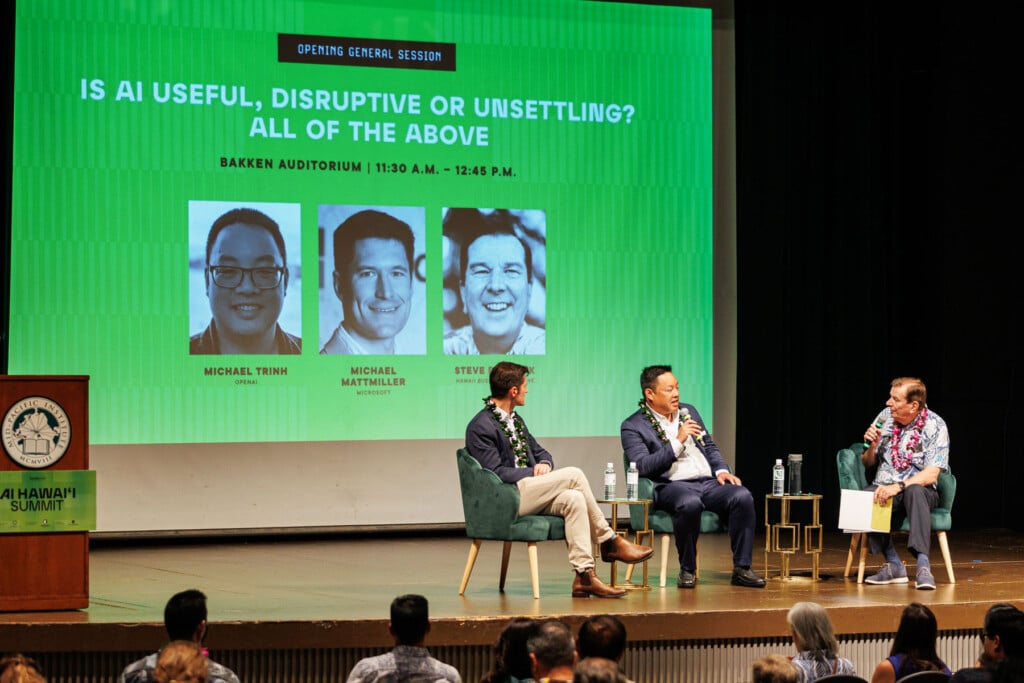Commentary: Does It Matter Who Owns Hawai‘i’s Hotels?
We uncover the pros and cons of private equity ownership. You can make up your own mind about the results.

We all want simple answers to important questions like: Should I buy or rent a home? Is going into debt to pay for college worth it? Is cardio or strength training more important for longevity?
We’d rather not hear the answer, “It depends and here’s what you need to know” followed by a nuanced explanation, but that factual nuance creates better understanding and can guide smart decisions. Too bad that many people prefer pundits, prognosticators and politicians who always provide answers with conviction in 30 seconds or less.
If that’s what you want, look elsewhere. Discriminating readers know reality’s complicated, and that’s why the team at Hawaii Business Magazine likes to spend their time investigating and telling you what we find. We stress facts, explanations, tight writing, clarity, context and, when warranted, nuance.
Tourism is Hawai‘i’s No. 1 industry and hotels are its foundation, so it’s important to know who owns them and how they operate those properties. That’s why Staff Writer and Engagement Editor Noelle Fujii-Oride spent five months investigating private equity ownership of local hotels.
This is not your father’s hotel industry. Families that helped pioneer the hotel business in Hawai‘i have sold and though iconic hotel companies like Hilton and Marriott still operate and franchise thousands of hotels worldwide, including some locally, they own only a tiny fraction.
The new big players are private equity companies, which have paid billions of dollars to increase their stake from 4% of Hawai‘i hotels in 2003 to 23% today. More importantly, they now own 29% of all local hotel rooms. That’s power and until now, how private equity wields that power has gone largely unreported. Noelle’s 12-page article starting on page 16 remedies that situation. It’s informative and compelling reading.
From Hawai‘i to Bali
Back in April and May 2023, Hawaii Business Magazine hosted Gumilang “Gugum” Reza Andika, a senior impact measurement officer for Kopernik, an Indonesian research and development lab that addresses social and environmental challenges.
Gugum came to study how we create and organize our events to inform people on important issues so he and his team could do the same in Bali. His fellowship was sponsored by the U.S. State Department’s Young Southeast Asian Leaders Initiative.
He was mentored by Hawaii Business Co-Publisher Kent Coules and Events Manager Magdalena Durak Hershey, who also helped him complete one of the fellowship’s requirements: submit a proposal for a project in his home country. I’m not surprised that Gugum’s proposal was one of only two funded by the State Department.
Kent was invited to attend Gugum’s event on regenerative tourism in Bali during November – at the State Department’s expense. Now, you know Indonesia is southwest of Hawai‘i, but you also know the cheapest flight between two points is not always the most direct. And the State Department booked Kent on probably the cheapest flight available.
That’s why Kent started his journey to Indonesia by flying in the opposite direction, northeast to Seattle. Kent’s advice: “Do not let the State Department make your flight plans.”
His outward leg departed Seattle at 10:30 p.m., flying to Seoul, before finally arriving at midnight two days later in Denpasar, the capital of Bali.
He Enjoyed Getting Lost
Nonetheless, Kent enjoyed his stay in the Indonesian province of Bali. “My best travel experiences are never planned and usually involve getting lost. Same on this trip,” he says. “I hit ‘walk mode’ on Google Maps for a planned 49-minute journey. The route eventually takes me through a parking lot, snakes between two restaurants, across a beautiful wooden bridge and onto a trail traversing a farm and rice paddies. It is my favorite memory.”
Bali lags behind the developed world on infrastructure, sewage and garbage, but Kent found several shining examples of regenerative tourism, including one with a Hawai‘i connection.
“Our conference host, Mana Earthly Paradise, was started by a couple who studied at UH. Their next-generation eco-villas were built of earthbags; there was a probiotic restaurant, an eco-conscious store and the wastewater feeds the compost garden. They put sustainability at the forefront of everything.”






